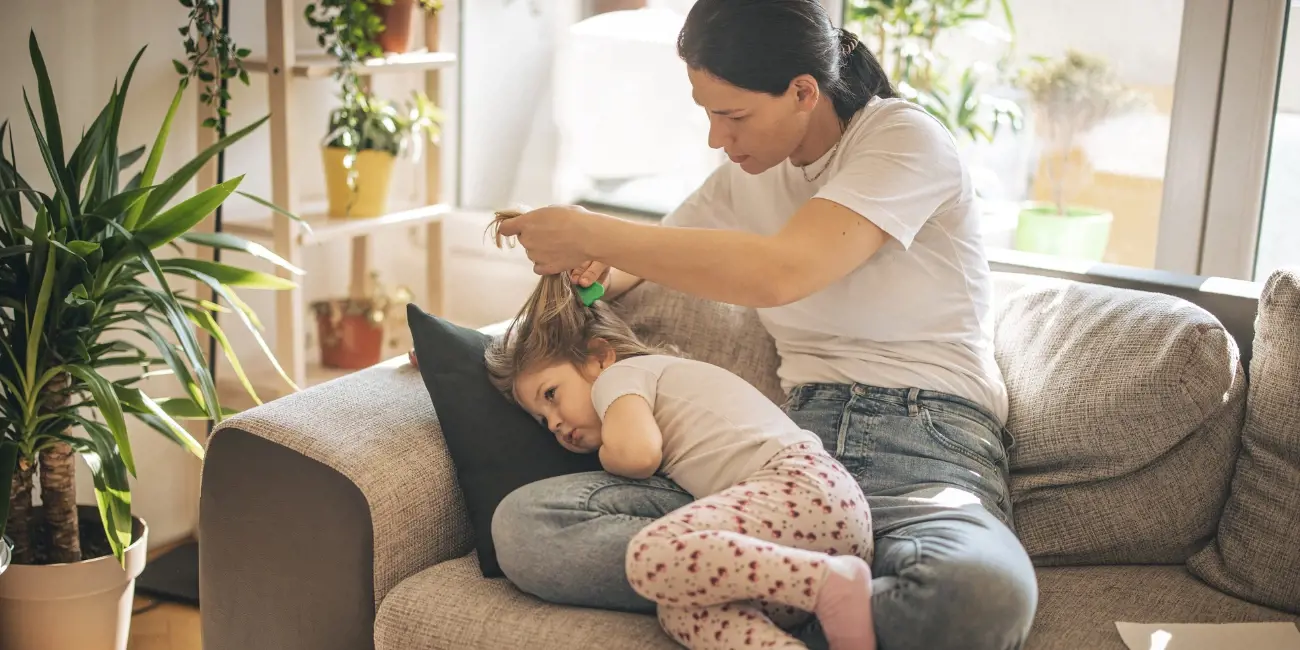It's inevitable when your child first enters daycare, they're likely to get sick. You think you'll be able to avoid it and put all the precautions in place, but, put a bunch of children in one place at the same time, each with varying degrees of understanding when it comes to personal hygiene, and you're going to see them a little under the weather at times.
So, what can you do?
The challenging part of childcare illness is, of course, seeing them unwell. But then you have the practicalities to put in place like the added logistics of backup childcare, and emergency childcare required by health and regulating authorities. If you're unable to work from home or don't have flexible working arrangements it makes things even more tricky, because they're likely excluded from daycare for a spell until they're well again.
The good news is, as they build their immunity, you will see your children get stronger and develop resilience to serious childhood illnesses contracted in child care settings, making for less time away from their early education placement and more time learning and playing with their friends.
While these illnesses are generally unavoidable, you can do the right thing and follow your childcare policy when it comes to disclosure and exclusion periods.
Common illness | Childcare exclusion period |
|---|---|
| The common cold | There is no reason to exclude your child from childcare, unless they're feeling miserable, in which case, they may be better off at home for the day. With COVID 19 still lingering and the common cold symptoms very similar in nature, you should also rule this out with a rapid test, to be sure. |
| Respiratory syncytial virus (RSV) | Exclude your child until they are well and fully recovered. |
| Chickenpox (varicella) | Children should be excluded until all blisters have dried. This generally occurs (with average severity) five days after the rash appears. |
| Croup | Unlike a regular cough, this sounds like that of a seal ‘barking’. A dry cough that, in the bouts it appears, can be very dangerous and greatly hinder a child's breathing. This cough is contagious and your child should be excluded from childcare for at least three days after illness begins or their fever is gone. |
| Measles | Exclude your child until four days after the measles rash appears. |
| Mumps | Exclude your child for a minimum of nine days or until the swelling has subsided. |
| Rubella | Exclude your child until they are fully recovered or four days after the measles rash appears. |
| Rotavirus | Exclude child for at minimum 48 hours aftger last loose bowel motion has occurred. |
| Influenza | Children should be excluded until they are feeling well. Your service may require you to rule out COVID 19 and produce a negative test before recommencing childcare. |
| Conjunctivitis | Conjunctivitis is a highly contagious condition. Your child SHOULD be excluded from childcare until discharge has stopped being produced by the eye. |
| Norovirus (Gastro) | Your child should NOT attend childcare for 24 hours after the last loose bowel motion has occurred. |
| Impetigo | Children should be excluded until 24 hours after the commencement of antibiotics or the blisters have dried out. All active blisters should be covered with a waterproof bandage to avoid contact. |
| Hand, Foot & Mouth | As the name suggests, this condition appears on the hands, feet and mouth, producing sores spread by touch. This is an incredibly painful condition which is highly contagious. Your child should not attend childcare until all sores have dried up. |
| Head lice | There is no need to exclude children provided effective treatment is in place before attendance. |
| Whooping cough | Exclude your child from care until 5 days after they started antibiotic treatment, or 21 days from the start of their cough. |

Control what you can
You can only do so much, but, there are things you can put in place to make sure you limit the exposure to these infectious illnesses in child care centres and of course, teach your child great hygiene from the get-go!
Washing your hands is the best way to prevent the spread of disease and making sure your children know how to wash properly is so important. There are five main steps to ensuring your child's hands a washed correctly, and short of you doing it for them, it's imperative that they learn how to wash properly for times when you're not there.
The five steps of hand washing:
- Wet - Run your hands beneath the running water.
- Lather - Apply soap then rub your hands together to create some bubbles.
- Scrub - Hold your own hand, interlock your fingers, and make sure you get the backs too!
- Rinse - Run your hands under running water again and get all the soap off.
- Dry - Using a paper towel or a hand dryer, dry your hands well.
Coughing and spluttering
Teaching your child to ‘cover their cough’ will highlight the importance of not spreading germs. Children learn through watching, first and foremost so, don't forget to cover yours! Nestle your mouth into your inner elbow and cover it before sneezing or coughing.
Should you need to blow your nose, use a tissue and dispose of it properly. Afterwards, don't forget to wash your hands.
Childcare services are generally not permitted to accept sick children who have been given paracetamol on the morning of drop-off.
*General exclusion policies only. Please check with your individual service provider for their policy.
Further reading:


































